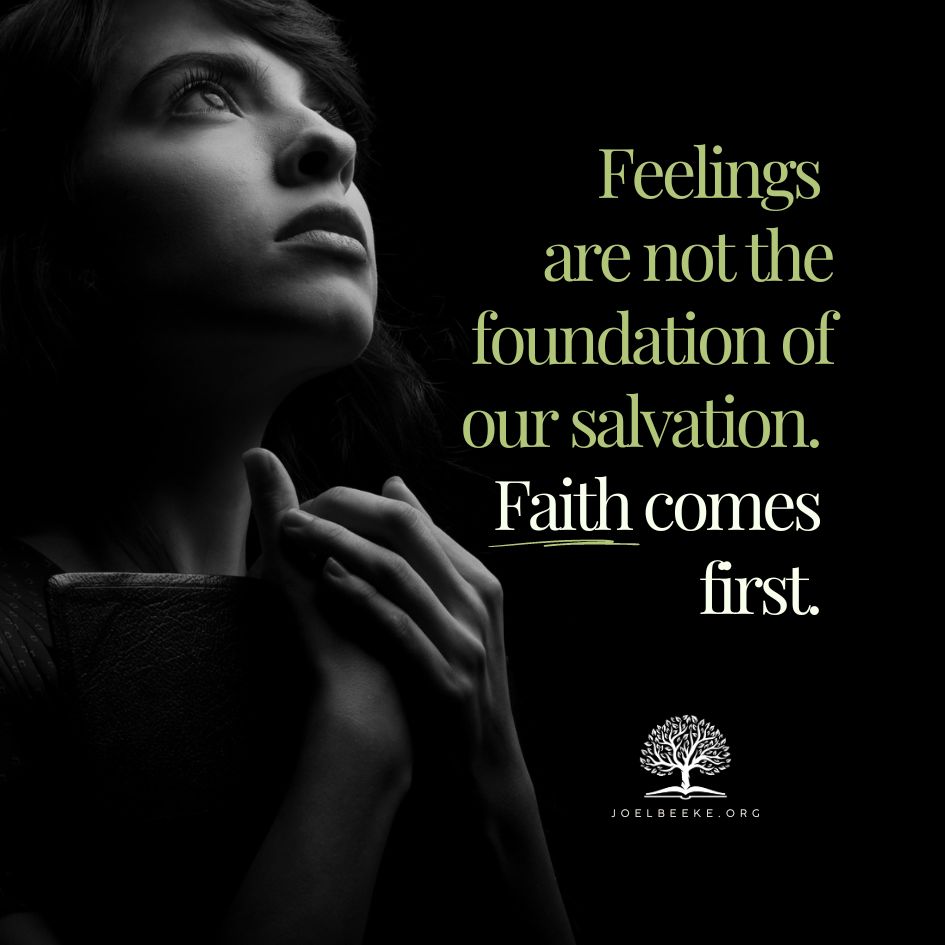
The second piece of armor is the ‘breastplate of righteousness’ (Eph. 6:14). In Paul’s day, soldiers wore a protective breastplate made of metal or very tough leather. The breastplate covered the chest and the abdomen, protecting vital organs from swords and other weapons. The breastplate was a critical defense against mortal and lesser wounds.
The Bible uses the heart and reins (kidneys) to refer to the seat of the thoughts and the deep motives and emotions of men. People in Paul’s day believed that organs such as the heart and the kidneys were the center of the affections where emotions such as joy or anger originated. The apostle Paul used this understanding, unscientific though it was, to teach important spiritual lessons about protecting the vital parts of the inner man and its faculties against the attacks of Satan. In their conflict with the invisible powers, believers are most vulnerable in their thoughts, motives, and emotions. They need strong protection—a breastplate of righteousness—to keep from being wounded in their inmost being. By this piece of armor, Downame concludes, ‘we are to understand a good conscience, true sanctification and a godly life, which … we are to put on according to the example of our grand Captain Christ’ as Isaiah 59:17 says, ‘For he put on righteousness as a breastplate, and an helmet of salvation upon his head.’4
The righteousness of the breastplate is provided by God in Christ. Christ earned that righteousness through His passive and active obedience. In passive obedience, Christ satisfied God’s penal justice by fully paying the penalty of sin through His sufferings and death. In active obedience, He satisfied God’s perfect demand that His holy law be kept flawlessly in order to merit eternal life. Only this combination of passive and active obedience was sufficient to fully satisfy God’s justice. All other forms of righteousness are worthless.
Since no mere man can perform either aspect of this righteousness (for who can pay the eternal price of death and hell, and who can keep the law perfectly?), every sinner must depend on Christ to perform it for him. Christ can do this as a substitute for sinners since He is also God. Because Christ is God, infinite value is attached to His sufferings and His obedience to the law. That’s why though a sinner can never pay for sin, Christ could pay for all the sins of all believers in a matter of hours. Each one of us urgently and desperately needs to receive Christ’s righteousness by Spirit-worked faith, for if we have this righteousness, we have forgiveness of sins and eternal life. If we lack this righteousness, we will perish in our sins.
Paul said that his great goal in life was to win Christ ‘and be found in him, not having mine own righteousness, which is of the law, but that which is through the faith of Christ, the righteousness which is of God by faith’ (Phil. 3:9). Paul says, as it were, ‘Everything else is dung, garbage. I used to be proud of my zeal and obedience. They were my breastplate; I relied on my own righteousness. But that is altogether different now.’ Now, as the hymn says, ‘My hope is built on nothing less / Than Jesus’ blood and righteousness.’
Have you learned to see your own righteousness as the filthy rags that Isaiah speaks of (64:6)? Are you clothed instead with the white-robed righteousness of Jesus Christ?
Satan schemes to keep us from resting in Christ’s righteousness. He tries to get us to base our hope for salvation on our own thoughts and feelings. Then, when our feelings dissipate and grow lukewarm, Satan whispers: ‘You are not a child of God – otherwise you wouldn’t feel this way; you would be much more holy than you are.’
It is easy to give way to Satan’s suggestion to rely on our own thoughts and feelings, for feelings are an important part of true religion. True religion is more than notion; it also involves a person’s will and emotions. We cannot be saved without feelings, for Christianity is not a stoical religion, but Satan exaggerates their importance. The righteousness of Christ is our protection against relying too much on feelings. As the hymn says:
I dare not trust the sweetest frame
But wholly lean on Jesus’ Name.
On Christ, the solid rock I stand.
All other ground is sinking sand.1Edward Mote, ‘My Hope Is Built on Nothing Less,’ stanza 1 and refrain.
Feelings are not the foundation of our salvation. Faith comes first. Feelings are the fruit of faith in Christ’s righteousness. We must learn to cast ourselves on what Christ has done, how He brought about the astonishing reality of bringing unsanctified sinners like us into fellowship with a holy God; and if we cast our anxieties, feelings, and cares upon Christ by the grace of God, then we will experience feelings of joy and peace. We must not believe Satan’s lie that faith is spun out of the web of our feelings. That is a dangerous, soul-damning, and hopeless task.
Excerpt from
A Radical Comprehensive Call to Holiness
By Joel Beeke and Michael Barrett








